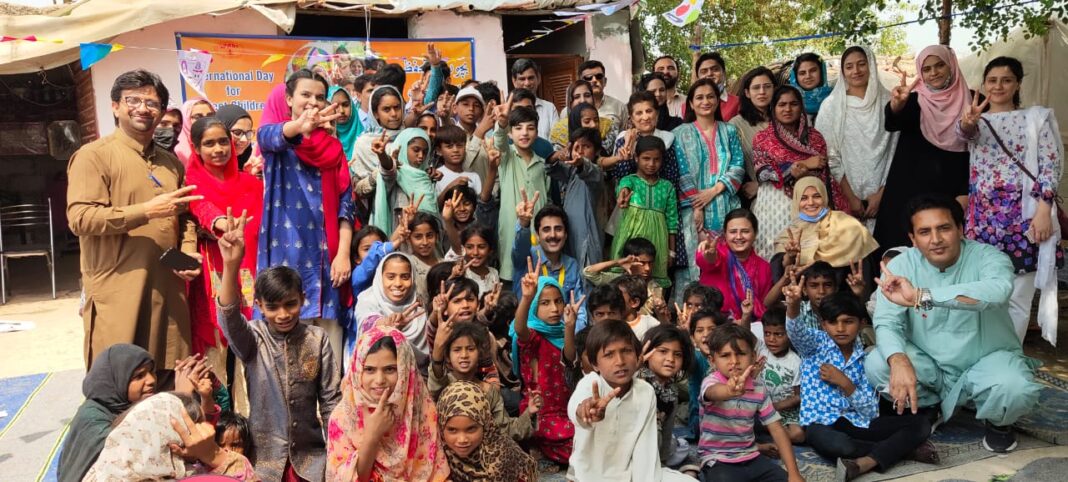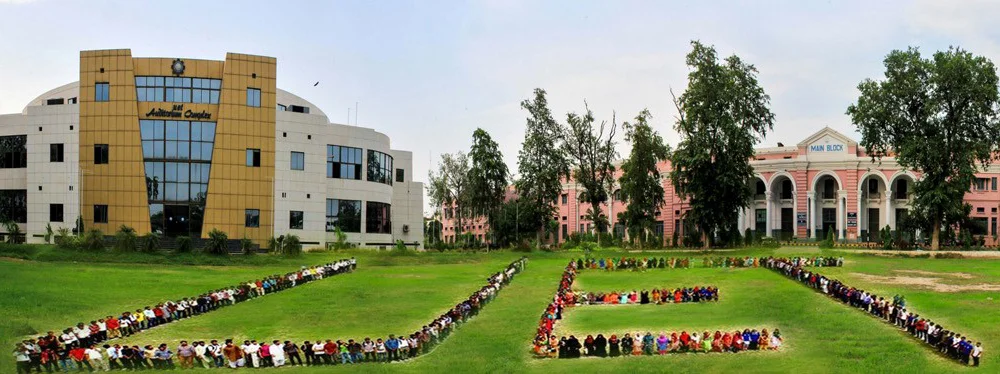By: Deedar Ali Bangwar
Diaphanous and self-reliant elections are an indispensable element of democracy. Nevertheless, in Pakistan’s case, the system has constantly remained questionable with allegations and counter-allegations of cheating mandate, electoral rigging or manipulations. When the elections come to an end, the losing political parties shout nasty over the conclusions and start blaming the succeeding party for stealing the votes. In the process, other associations are also accused of interfering in the election procedure to favour a specific political party.
Succeeding governments have made an effort to install electoral reforms to handle the problem, but their struggles were not good enough. The 2018 general elections were no exception. Heretofore, the opponent’s political parties have been terming the incumbent government ‘selected’. Being aware of the issue, the government has initiated to improve the election mechanism. For doing that, among other things, the suggestion of electronic voting machines (EVMs) is also advocated to subdue the loopholes and bring about the system as apparent as possible. The prime minister was also given a demonstration of the proposed EVMs. Unquestionably this longstanding issue should be sorted out cautiously. Nonetheless, to think that electronic voting is the only antidote is a missing perception.
Very machines had been experimented with by numerous different countries in the past, but they had to be omitted owing to technical glitches. For a cash-strapped country like ours, the manufacturing of thousands of these machines will cost the nationwide exchequer dearly. These machines will demand storage facilities, which will need extra finances. Their maintenance on a regular purpose to prevent malfunctioning on the voting day will add to the cost. Further, these EVMs will also be prone to cyber-attacks and manipulations by other ingredients. Moreover, even if the availability is ensured, their regulating faculty will have to withstand enough coaching. That exercise will not only need sufficient duration but also help.
The literacy rate in the country must be seized into account too. With some 40 per cent of the population standing illiterate, it will be a daunting challenge for them to cast vote through a digital setup. Their unawareness of the modern mechanism will create the whole procedure easy to exploitation and cheating. In addition, more faculty will be needed in or near each polling station to assure technical support. Furthermore, the security of the machines after the polling is over will require more attention. Thus, the problem must not be made as easy as it is being illustrated. The government must seize all stakeholders into assurance over the proposed reforms, involving the problem of EVMs and their applicability in elections. The Election Commission of Pakistan (ECP) has also resisted some of the measures being discussed, while the opponent also has reservations that require to be dealt with.
E-voting and multiple weather environments. The question is why the same experience is not translated into Pakistan? The answer is not far away from as ‘can be. Apart from political backing, the project is in dire quest of technological expertise along with manufacturing setups at mass level to get rid of foreign exchanges. Even if implemented, EVM is not the panacea to all the ills of elections, yet it can alleviate the situation to a more refined and better point. Rather than experimenting with a novel intention and giving rise to the entire procedure more questionable, it will be prudent to bring about reforms in the paper-based elections and bring it more transparent and acceptable to all. Immediate decisions in this susceptible matter should be prevented at this stage.
The writer is a freelance columnist, based in Kandhkot, Sindh. He can be reached at [email protected]







